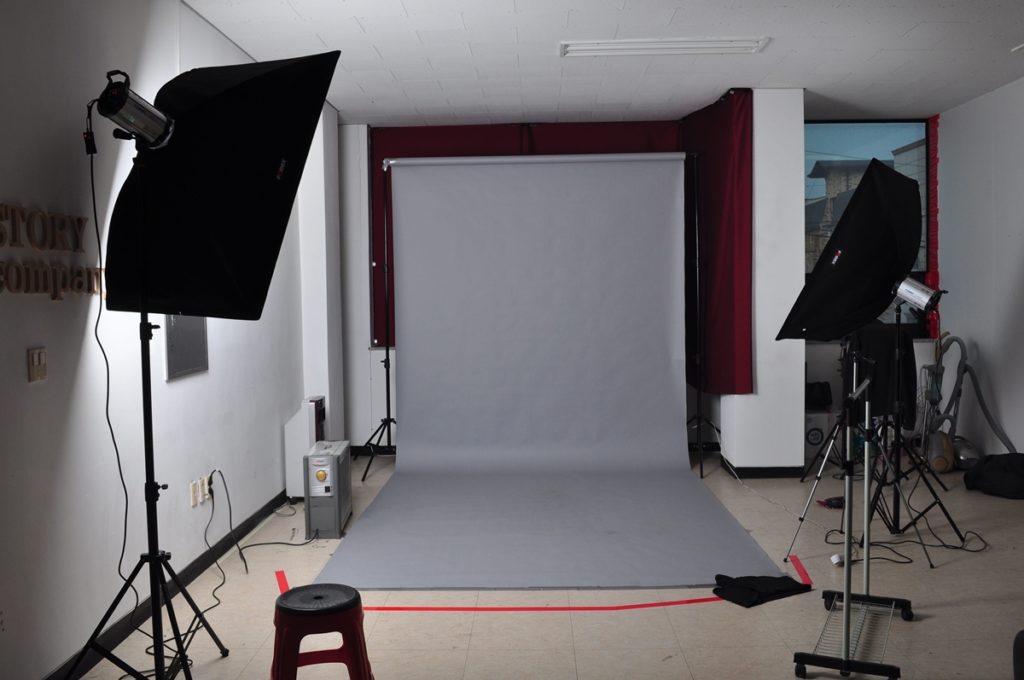Have you ever been captivated by the beauty of a moment and wished to encapsulate it forever? Photography allows us to do just that. But what if you could turn this passion into a profession, even with no prior experience? Starting a photography business may seem daunting initially, but with the right direction, determination, and a dash of creativity, you can create a successful venture. This comprehensive guide will walk you through the process of how to start a photography business with no experience, and setting up your photography business from scratch.
Understanding Photography and Its Scope
Photography is more than just capturing images. It is an art form that tells stories, evokes emotions, and captures the essence of moments. As a professional field, it is diverse and expansive, covering areas such as wedding photography, portraiture, nature and wildlife, fashion, photojournalism, and commercial photography. By identifying your niche based on your interest and skill level, you can tailor your business to meet the specific needs of your target market.
Starting a photography business from scratch can be an exciting journey. However, it requires a blend of technical photography skills, creative insight, and entrepreneurial acumen. Below are the steps you need to kickstart your photography business with zero experience.
Starting from Zero: Basic Steps to Kickstart Your Photography Business
1. Develop Your Skills
The first step in starting your photography business is to develop your skills. Formal education in photography is not a necessity, but understanding the fundamental concepts is crucial. There are numerous online courses and tutorials available that cover the basics of photography, such as understanding aperture, shutter speed, ISO, composition, and lighting. Websites like Coursera, Udemy, and LinkedIn Learning offer structured courses, both paid and free.
But remember, photography is as much a practical skill as it is a theoretical one. You learn most when you’re out in the field, clicking photographs. Practice different techniques, play with compositions, and don’t shy away from making mistakes. It’s all part of the learning process.

2. Choose Your Niche
Photography is a broad field, encompassing various genres – from wedding and portrait photography to product and commercial photography, and many more in between. It’s important to choose a niche that aligns with your interests and skills. Your chosen niche will dictate many aspects of your business, like the equipment you’ll need, your target audience, marketing strategies, and even your pricing structure.
3. Invest in Equipment
The photography equipment you’ll need depends largely on your chosen niche. However, at the very least, you’ll need a good quality DSLR or mirrorless camera, a versatile lens (like a 50mm or 35mm), a sturdy tripod, and a reliable computer with enough storage for your high-resolution files.
As your business grows, your gear can expand too. This could mean investing in different types of lenses (telephoto, macro, wide-angle), flash equipment, additional camera bodies, backdrops, props, etc. Remember that while good quality gear can enhance your photography, it’s your skill and creativity that truly make a great photograph.
4. Learn Post-Processing
Photography isn’t complete until the images have been post-processed. Editing software like Adobe Lightroom and Photoshop are industry-standard tools that can enhance your photographs and give them a professional touch. These platforms have a learning curve, but with numerous online tutorials available, you’ll soon get the hang of it.
5. Build a Portfolio
A portfolio showcases your best work and gives potential clients a glimpse of your style and capabilities. As you’re starting, create a diverse portfolio that shows a range of your skills. This could include personal projects, or you could offer free or discounted sessions to friends and family. Quality trumps quantity, so only include your best work.
6. Create a Business Plan
A business plan is a roadmap for your venture. It should include your business goals, identify your target market, outline your marketing and sales strategy, set your pricing, and forecast your finances. A well-thought-out business plan will give you a clear direction and will be invaluable when seeking funding or partnerships.
7. Handle Legalities
Before you start operating, ensure your business is legally compliant. This involves registering your business name, understanding your tax obligations, and potentially getting business insurance to cover your equipment and any liability issues that may arise.
8. Brand Your Business
Branding goes beyond just creating a logo or a business name. It involves defining how you want to be perceived by your potential clients. A well-designed website, a cohesive social media presence, professionally designed business cards, and the way you communicate with clients all contribute to your brand image.
9. Marketing and Networking
In today’s digital age, having an online presence is crucial. Social media platforms like Instagram and Facebook are excellent for showcasing your work, engaging with your audience, and attracting potential clients. Networking, both online and offline, is also essential. Attend industry events, join photography groups, and form relationships with other photographers and professionals in your niche.
10. Pricing Your Work
Determining how much to charge is one of the trickiest aspects of running a photography business. You don’t want to undersell your services, but you also have to be realistic about what clients are willing to pay. Research what other photographers with similar services in your area are charging and consider your costs (time, equipment, editing, travel) when setting prices.
Starting a photography business from scratch can be a challenging but rewarding endeavor. It requires constant learning, adaptability, and a lot of hard work. But with the right approach, the end result – owning a business doing something you love – is well worth the effort.

Setting Realistic Expectations
Starting a business involves embracing the unexpected. Here are a few things to expect as you set off on this journey:
- Patience is Key: Success won’t come overnight. It will take time to build a client base and gain recognition.
- Continuous Learning: Photography is a field that is continuously evolving. You’ll need to stay updated with the latest trends and technologies.
- Financial Uncertainty: In the initial stages, income may be inconsistent. It’s crucial to have a financial backup plan.
- Work-Life Balance: As a business owner, especially in a field as demanding as photography, maintaining a healthy work-life balance can be challenging but necessary.
Conclusion
Embarking on the journey of starting a photography business from scratch, with no prior experience, is both thrilling and challenging. It is a voyage of continual learning, pushing boundaries, and transforming a passion into a profitable profession. As we’ve seen, success in this endeavor depends on a blend of honed photography skills, a well-defined business strategy, effective branding and marketing, and the constant drive to evolve and adapt.
While the path may seem arduous initially, each step you take, from capturing the essence of moments through your lens to establishing your unique brand, brings you closer to your entrepreneurial dream. The reward of owning a business that reflects your passion and creativity is incomparable. Remember, each photograph you take is a testament to your journey as an artist and a business owner. Stay persistent, stay inspired, and watch as your photography business flourishes from a budding idea to a rewarding reality.
